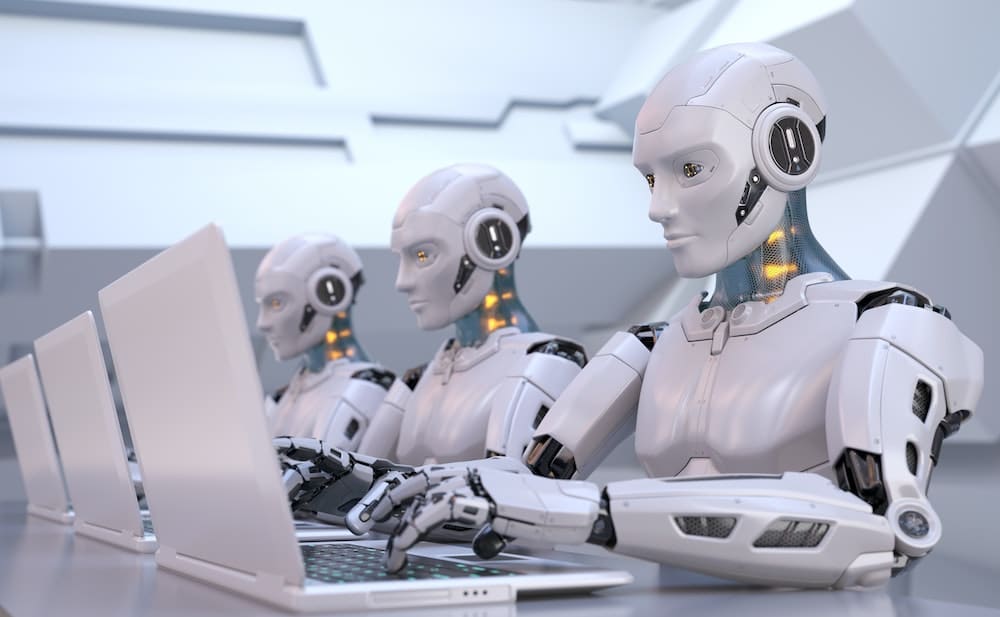The myths and realities of AI

Nowadays, artificial intelligence (AI) has become continually present in our daily lives. It transforms the way we interact with technology and changes our perceptions of the world around us. However, with this presence everywhere also comes many myths and misunderstandings regarding what AI can and cannot do. This guide offers you the myths and realities of AI while placing particular emphasis on ChatGPT and its ethical implications.
Myth 1: AI has the potential to think like humans
In reality, AI has no human consciousness or emotions. For Additional Information, you can consult the various articles on the operating principle of AI. Since the advent of AI, one of the biggest misunderstandings is that it is capable of thinking, feeling and reasoning like humans.
A voir aussi : What Steps Should You Take to Ensure the Longevity of an Audi A4’s Turbocharged Engine?
But, the reality is that AI, including ChatGPT, works by processing data and applying algorithms to create responses that appear intelligent. These responses are fundamentally devoid of human consciousness or emotion. ChatGPT does not possess self-awareness, nor the ability to feel emotions like love, joy or sadness.
Myth 2: AI will replace human jobs
Another common myth is that AI will make many human jobs obsolete. But in reality, AI will transform jobs, not necessarily replace them. Certainly, certain repetitive and time-consuming tasks can be automated using AI. On the other hand, new jobs will also be created in areas such as programming, data management and analysis. Also, jobs requiring human skills such as creativity, empathy and complex decision-making will remain essential.
A lire également : Why and how to design bots for entertainment and gaming ?
Myth 3: AI is uncontrollable and dangerous
Some people fear that AI will spiral out of control and pose a threat to humanity. However, it is controlled by limits defined by man. Safety and regulatory measures are put in place to ensure that AI is used responsibly and ethically. Research is underway to develop methods to ensure transparency and accountability of AI systems.
The ethical implications of ChatGPT
As an advanced language model, ChatGPT can be used in several domains. Including content generation, virtual assistance and creating natural conversations. But its use raises important ethical questions. Especially when it comes to privacy and data security, bias and fairness, accountability and transparency, etc.
If ChatGPT is used to create user profiles based on their online interactions, it could compromise their privacy and autonomy. Regarding bias and fairness, ChatGPT can reflect and amplify human biases present in the data it is trained on. It is important to ensure that the tool is used in a way that promotes fairness and mitigates existing biases in the data.
Also, when ChatGPT is used to make sound decisions like product recommendation or journalistic content generation, it is important that the decisions made by the model are transparent. Those affected need to understand how these decisions were made. This requires greater accountability and transparency from ChatGPT developers and users.
In summary, debunking myths about AI and understanding its ethical implications is helpful in ensuring that this technology is used responsibly and beneficial to society. It is essential to remain aware of the limitations and challenges of AI.
